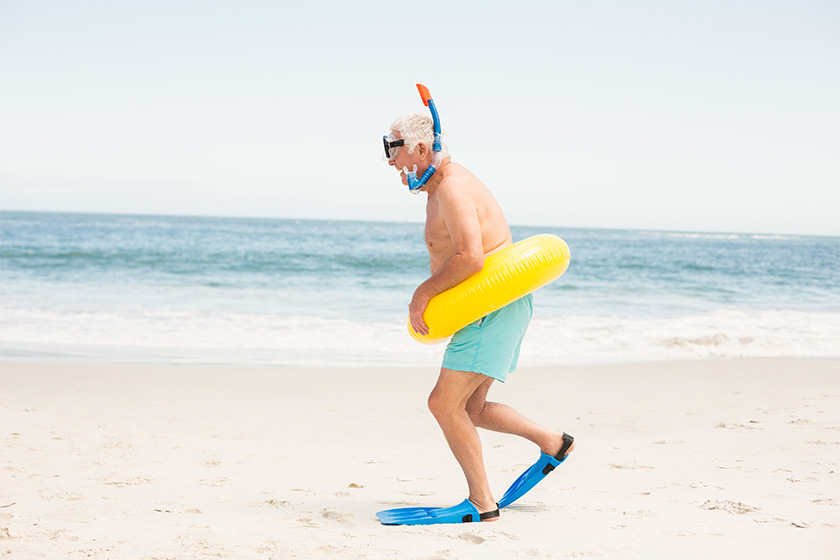For older adults, anxiety can quickly become debilitating and interfere with the daily routines and activities that previously brought them pleasure and happiness. While we all experience normal stress in our lives from time to time, when anxiety becomes unmanageable, it can result in depression, social isolation, and other health problems that only exacerbate the underlying causes of anxiety. Fortunately, older adults can take steps to ease their anxiety by identifying the underlying triggers of their symptoms and addressing them through relaxation exercises, therapeutic activities, and counseling options. This article will give some great tips on easing anxiety symptoms and living happier, healthier lives in the process.
Practice Relaxation Techniques
Breathing exercises and relaxation techniques have been proven to help people of all ages reduce stress and anxiety. Take five minutes every day to slow down, close your eyes, breathe deeply from your diaphragm and visualize yourself in a peaceful place. Inhale thoughts that calm you, exhale thoughts that make you anxious. Take care when using medication; older adults need to understand how their bodies react to prescription drugs.
Eat and Sleep Well
As we age, sleep patterns change. Some aging adults might experience early-morning awakening, which can cause anxiety about falling back asleep or staying awake for too long and disrupting their daily schedule. Avoiding caffeine after lunch also can help make sure you’re getting enough sleep at night. Some medications also might cause insomnia or give you trouble sleeping—it’s best to talk with your doctor about these issues. And because many older adults take multiple medications, it’s important to check if any drug interactions could affect your ability to sleep well. Finally, a poor diet can contribute to inflammation and high blood pressure, both of which are associated with anxiety in seniors.
Be Physically Active
Contrary to popular belief, you don’t have to exercise regularly to reduce anxiety levels. In fact, research has shown that even when you’re not exercising at all, physical activity helps decrease your stress levels. However, if your schedule is too busy and you simply don’t have time for leisurely walks or bike rides after work and before dinner each night, it can help to be more mindful of how and where you move throughout your day. Just taking short ten-minute breaks here and there throughout your day can add up.
Cultivate Social Relationships
Many older adults who suffer from anxiety may feel isolated and alone. A support network is invaluable to these individuals as they navigate through difficult times, which is why it’s important to cultivate social relationships in a number of different ways. One of them is through volunteer work; many adults report that being able to help others gives them a greater sense of purpose and alleviates anxiety. So, if you or an aging loved one are feeling anxious, be sure to check out local volunteer opportunities—you might find it to be just what you need!
Listen to Music
One of the easiest ways to help older adults with feelings of anxiety is by encouraging them to listen to music. Music can play a powerful role in helping people relax and reduce stress levels and provide emotional support.
Limit Caffeine
Many seniors suffer from stress and anxiety, but it’s more important to make sure they aren’t taking in too much caffeine, which can worsen anxiety. Drinking one or two cups of coffee a day is fine, but more than that may increase blood pressure, heart rate, and blood sugar. If your senior loved one is drinking three or four caffeinated beverages a day — especially if they are diuretics like caffeinated sodas — it might be time to switch them to decaf.







